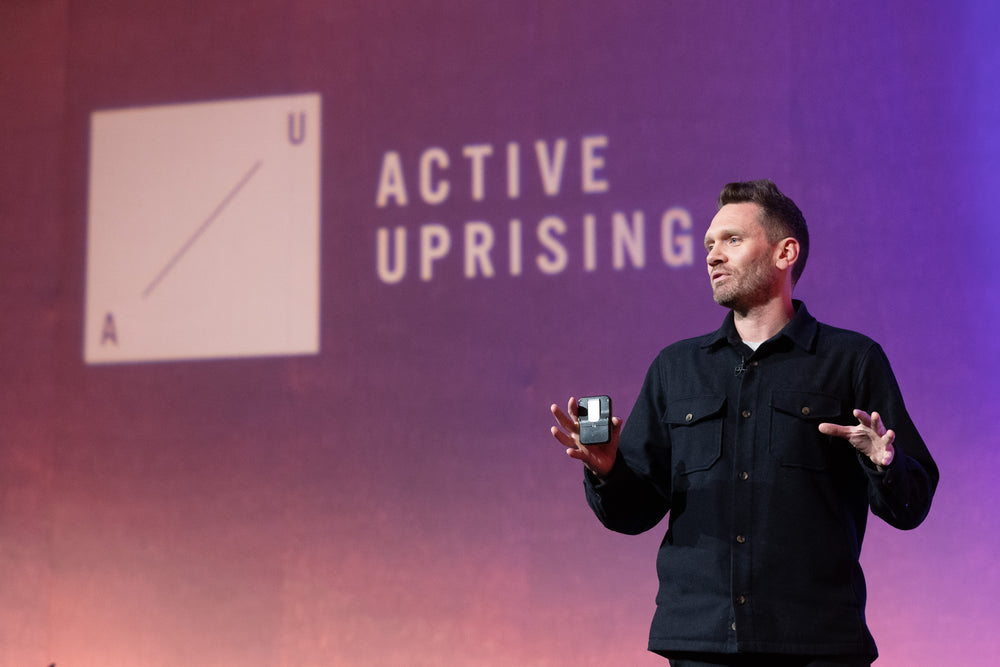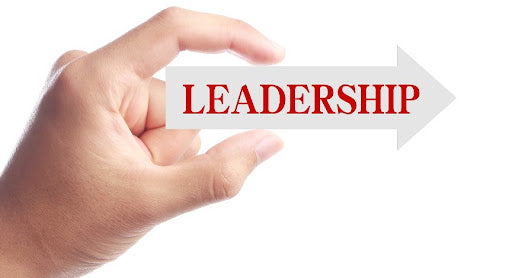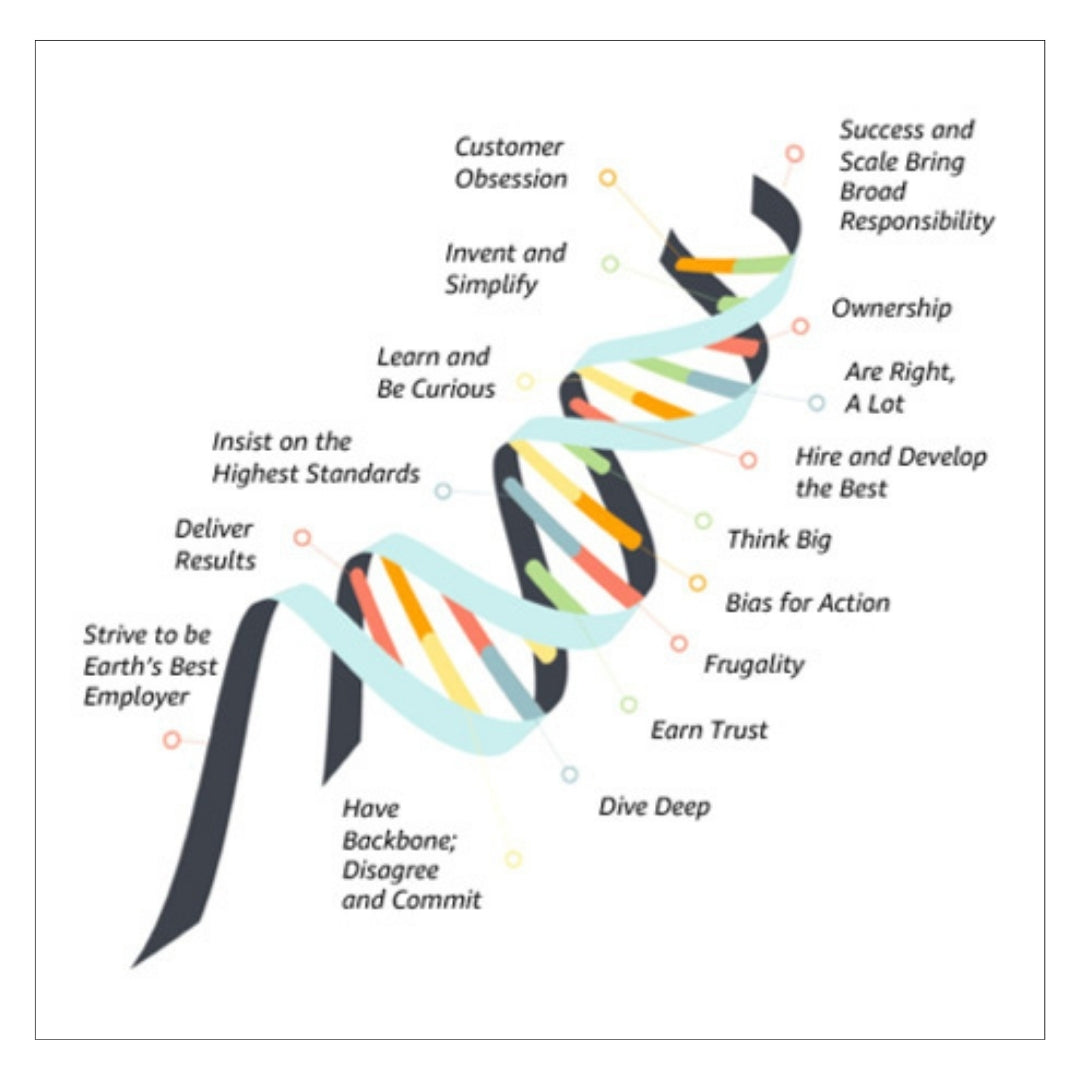A New Way to Respond to Unhelpful Thoughts: Step Into Acceptance

Unhelpful thoughts can be a major roadblock to our mental well-being and happiness. These thoughts can be negative, self-critical, and damaging to our confidence and self-esteem.
But how do we deal with these unhelpful thoughts? One way is through the practice of acceptance.
Acceptance involves acknowledging and allowing these thoughts to exist without getting caught up in them.
It's like watching a storm pass by – you can see the storm clouds and feel the rain, but you don't get swept away by it.
Here are 9 ways to practice acceptance in dealing with unhelpful thoughts:
- Recognise that unhelpful thoughts are normal. Just like clouds in the sky, unhelpful thoughts will come and go. It's natural to have negative thoughts, and trying to eliminate them completely is often not helpful or realistic.
- Accept that unhelpful thoughts are a part of your mind. Imagine your mind as a garden. Just like a garden has weeds, your mind will have unhelpful thoughts. Rather than trying to hastily pull out the weeds, accept them as a part of your mind, allow them to be there, and you will realise they serve a purpose.
- Notice unhelpful thoughts without judging them. Imagine unhelpful thoughts as leaves blowing in the wind. Observe the leaves without getting caught up in them or judging them as good or bad. Simply notice them and let them pass.
- Use self-compassion. Treat yourself with the same kindness and understanding that you would offer to a friend. Imagine yourself as a small child who is struggling. Would you scold the child or offer them comfort and support? Remember that everyone has unhelpful thoughts, and it's okay to have them.
- Practice mindfulness. Be present in the moment and focus on what is happening right now, rather than getting caught up in unhelpful thoughts. Imagine yourself sitting on a beach, watching the waves roll in. Notice the sights, sounds, and sensations of the present moment, and let your unhelpful thoughts drift away like waves.
- Challenge unhelpful thoughts. When you notice an unhelpful thought, ask yourself if it is true or helpful. Imagine yourself as a detective, investigating the truth of your unhelpful thought. Often, unhelpful thoughts are based on false assumptions or beliefs.
- Let go of the need to control your thoughts. Imagine trying to hold onto a handful of sand. The more you try to grip it tightly, the more it slips through your fingers. It's the same with our thoughts. We can't always control them, and trying to do so can often make things worse. Instead, try to let go of the need to control your thoughts and simply observe them.
- Seek support. If unhelpful thoughts are causing you distress or interfering with your daily life, consider seeking the support of a mental health professional. Imagine a supportive friend or therapist as a life raft in the ocean. They can help you navigate the rough waters of unhelpful thoughts and provide the support you need to stay afloat.
-
Taking value-led action means making choices and taking actions that align with your personal values and goals. This can be difficult because our thoughts and emotions can sometimes get in the way of making decisions that are truly in line with what we want. To take value-led action, try the following:
- Identify your values: What is most important to you in life? What do you want to stand for and what do you want to achieve?
- Set goals that align with your values: Once you know your values, set specific, achievable goals that align with them.
- Plan your actions: Identify the steps you need to take to reach your goals and create a plan to make them happen.
- Take action: Follow through on your plan and take action towards your goals, even if it means facing challenges or difficult emotions.
- Reflect and adjust: As you take action, reflect on your progress and adjust your plan as needed to stay on track and continue taking value-led action.
Accepting and forgiving ourselves and others is like a light that shines through the darkness. It illuminates all of the beauty and potential in the world, and brings us closer together.
It is an act of courage and strength that has the power to heal and create lasting connections. It can help us break free of the chains of bitterness and resentment, and open our hearts to new possibilities.
By allowing ourselves to forgive and accept, we open ourselves up to feeling more joy and contentment in our lives. Together, we can create a brighter future with love and understanding.





